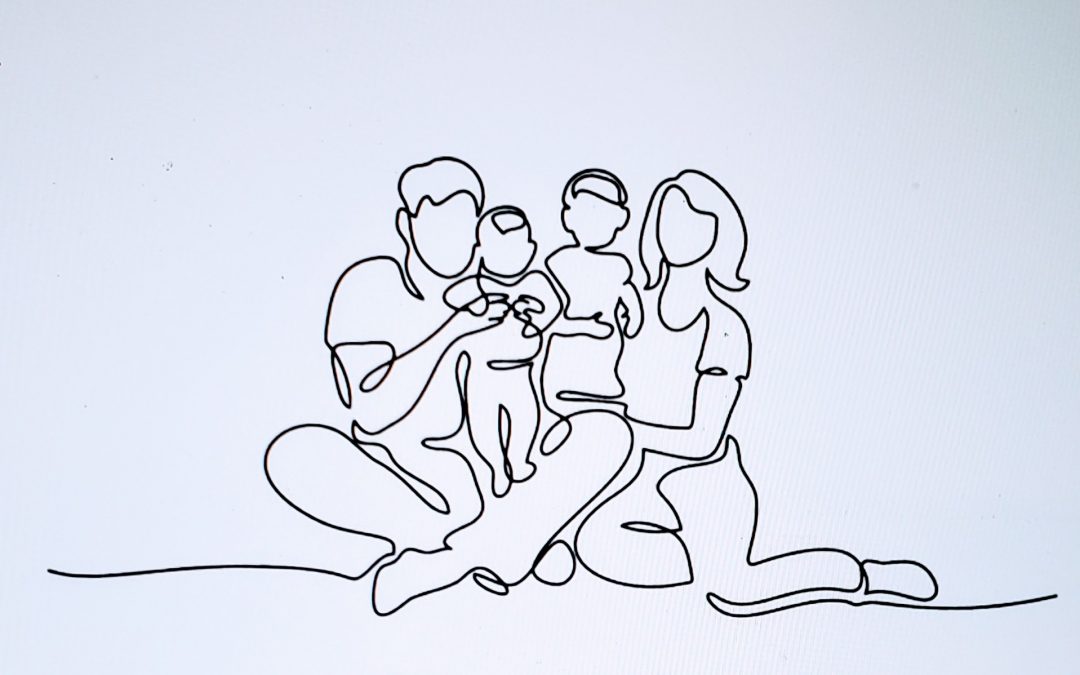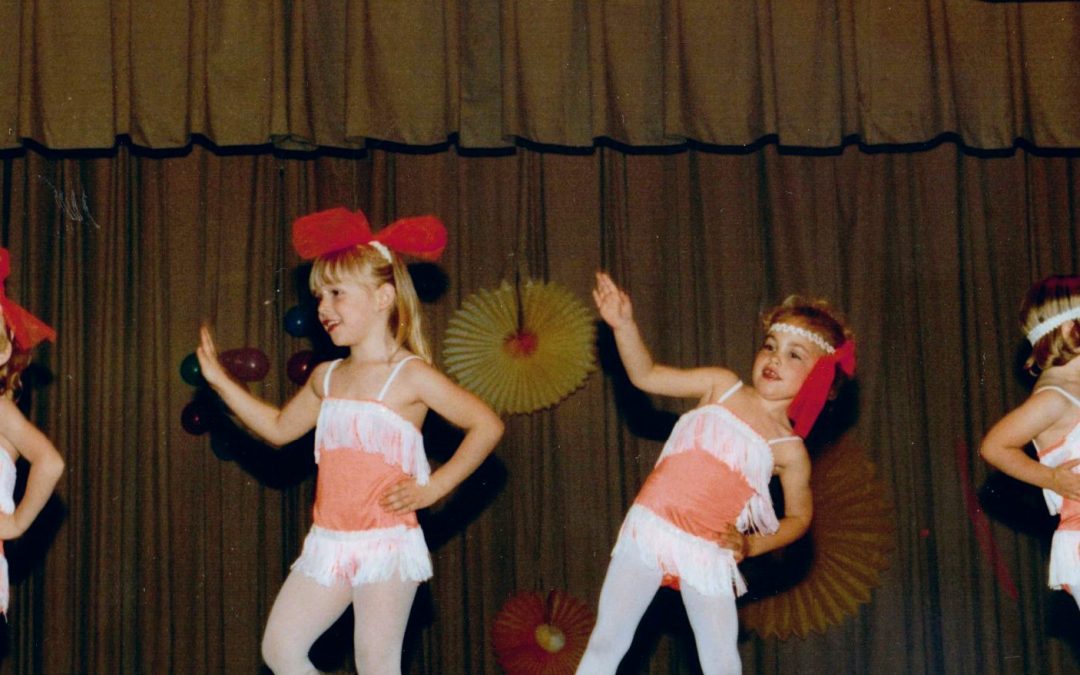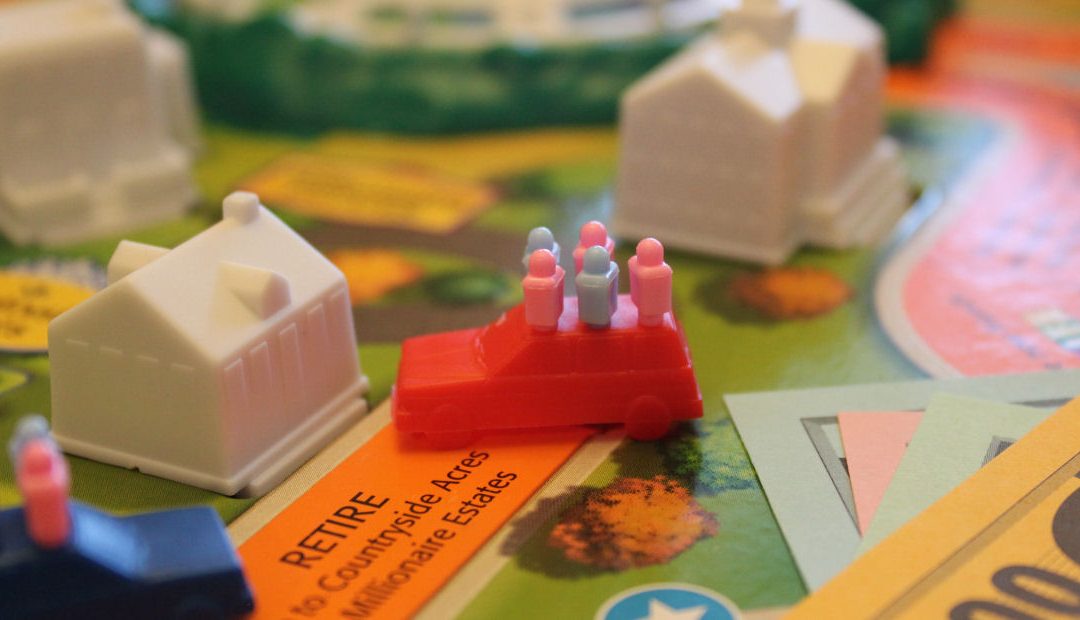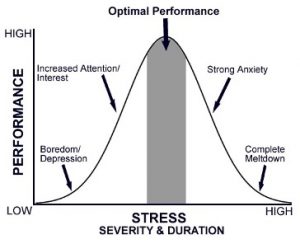
The Good Things
It’s been an almost laughably rough stretch of time. No one has been immune to the emotional repercussions of the changes that began in early 2020 when Covid-19 first entered our awareness, but the particulars of each of our struggles have differed. Some of us have grappled with disruptions to our vital routines and healthy outlets, while others have been consumed by isolation and innumerable examples of loss. And let’s not make the mistake of discounting the ripple effects of prolonged fear and uncertainty on wellness in each of our lives.
Even in a relatively calm phase, moms and dads are usually experts at navigating challenges of their kids. It comes with the territory. But now, even after nearly two years, we continue to find ourselves in uncharted waters. In addition to the usual parenting stressors, we’re faced with ongoing upset to school schedules and relationships, the task of helping our children understand the reasons for each of the disruptions, and – perhaps hardest of all – the weight of having to be role models of adaptability at a time when our own footing is off balance.
It’s clear that modern-day parenting is not for the faint of heart, so it’s more important than ever to fortify ourselves by focusing on some of the good stuff. Just as you would take a vitamin to boost your health, make sure to carve out some time to remember life’s high points, both big and small. Many wonderful things can be found in the minutia of your days, even the bad ones. There are lovely truths about parenting (and life) that transcend the difficult period of history we’re living, and there are even more personal bits of goodness that are exclusive to just your family.
Here are just a handful of the universal good things to get you started:
- The sun keeps rising. We get to open our eyes to a new day.
- There is always so much love in our lives, even when it feels obscured.
- No matter the challenge, the formula for blue-ribbon parenting remains beautifully basic: simply keep showing up with compassion & good intention.
- Possibilities never, ever run out. For each door that closes, another is guaranteed to have opened somewhere else.
- Family foundations tend to get bolstered and strengthened with shared experience – especially experience with the tough stuff.
- Your bond with your child is far more enduring than any passing trial…and they’re all passing trials.
Now it’s your turn. What are your universal “good things”? The way your cat purrs when sitting in your lap? The smell of soup cooking in the kitchen on the first cool autumn day? The sound of the belly laugh your son or daughter emits when they are playing on their own? The same irresistible dimples appearing on both your child and your spouse whenever they smile? The list is endless. Expand the list and keep it near & dear to your heart. Revisit it often.

About the Author
Kerry Galarza, MS OTR/L is the Clinical Director and an occupational therapist at Elmhurst Counseling. She provides specialized assessment and intervention with children of all ages and their families. Kerry engages clients with naturally occurring, meaningful home-based methods to empower autonomy and maximize functioning.







